
01 Mar TRUE EQUITY AND EQUALITY FOR WOMEN in the US? Here’s what 19 Inspiring leaders said can bring things significantly closer…
My daughter, my son, my niece and I recently had the pleasure to watch the Merrimack College and UNH women’s hockey teams face off against one another. Those remarkable student athletes (photo) and the advocates who work hard for gender equity in athletics and education are a good example of greatness. Women’s History Month is celebrated in March and International Women’s Day on March 8. Against this backdrop, it is instructive that In 2021 the impressive White House Strategy on Gender Equity and Equality noted the following: “The status quo has not worked for women, girls, and all those who experience gender-based discrimination” and I asked some friends and colleagues whose work and ideas I respect and admire this question: What is one thing you believe can bring the US significantly closer to true equity and equality for women?
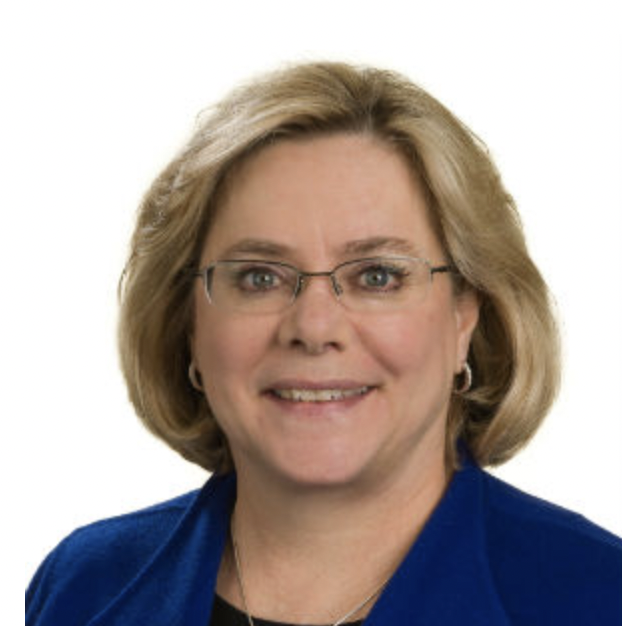
“Today, women in the US make up more than 50% of the college educated workforce, control $10 Trillion of U.S. Household assets and our entrepreneurial spirit is evidenced by women-owned businesses generating over $1.8 Trillion annually. So ask yourself, why are we still having this conversation in 2023? Women are an integral part of our economy and our communities (not to mention our families) and should not have to beg for equity. A just society provides equal pay for equal work, equitable access to capital, high-quality childcare, safe & affordable places to call home, and control over our own bodies and reproductive decisions. If women are not able to bring our full value to society because of equity shortfalls, then today’s businesses, governments, non-profits, our families and our communities can never reach their fullest potential.” Nancy Huntington Stager, President & CEO, Eastern Bank Foundation
“One critical area we can focus on is the wage gap. We know that this is the key to social and economic mobility, financial freedom and equity. Right now, women on average earn 18% less than men, and for women of color, the disparity is even greater, earning 37 – 42% less than white male peers. Legislation is just one piece of it, but it’s the responsibility of all of us who have a seat at the table as a manager, executive or leader to examine our own practices by doing a deep dive into the data, then enforce policies that protect against wage discrimination” Anna Yu, Executive Director, Artists For Humanity; Trustee, Franklin Cummings Tech; Board of Directors, Tomorrow’s Women TODAY


“It has been shown with data that societies where women and girls do better, have better parity in education and investment, everyone on average does much better and these societies rate higher in happiness. We all simply have to make a decision to choose happiness over power, and realize they have never been the same thing.” Shereen Shermak, EIR Harvard Business School, Serial Technology Startup Founder
“I think continuing the salary transparency laws is a vital way to close the gender pay gap. However, I think bringing the US closer to true equity and equality for women requires getting diverse women leaders in the room where decision-making happen. In many work environments, there is a feeling of being “a boys club,” wherein younger men in the department get access to opportunities (promotions, new titles, etc.) that the younger women do not. It is important to have female leaders as advocates for change.” Alexa Bragg, Health Analyst, MITRE Corp; MBA/MPH Candidate, Boston University

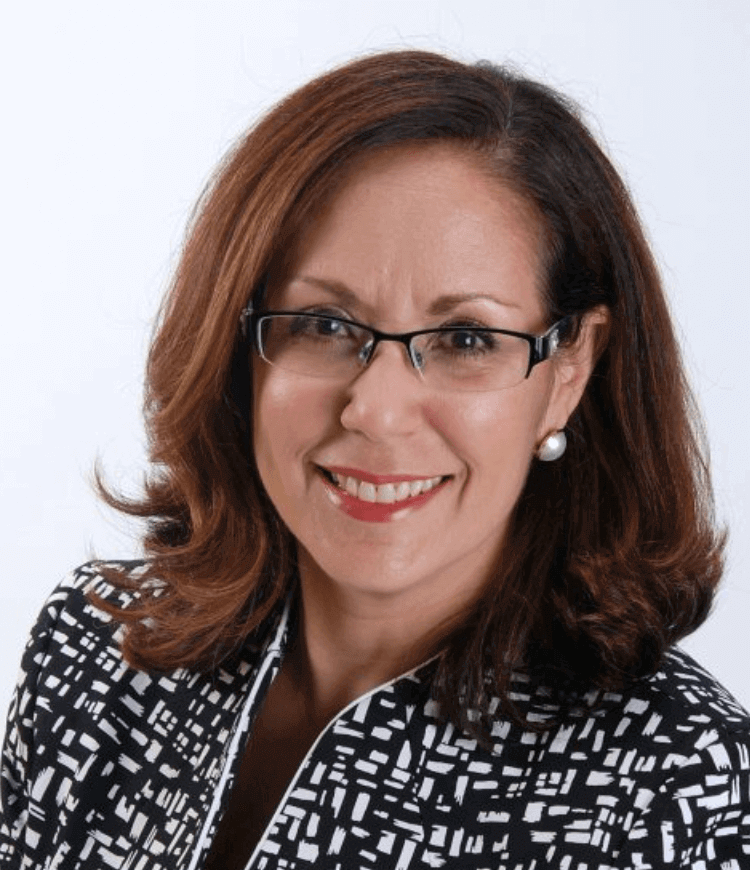
“Achieving true equity and equality for women will require a myriad of strategies from access to equitable educational opportunities for girls to making early education and child care affordable to preventing gender-based discrimination in health and reproductive rights. But, the one thing I believe would make a transformational difference in achieving equity is ensuring that women get equal pay for equal work. Despite the Equal Pay Act of 1963, white women are paid 83 cents on the dollar compared to white men. It gets worse for Black and Latina women at 58 cents and 54 cents, respectively. In Massachusetts, the Wage Equity Now Coalition is pushing for two separate bills that would provide the transparency needed to address this stubborn pay gap by increasing accountability in mandating employers to publicly report wages.” Vanessa Calderón-Rosado, Ph.D., Chief Executive Officer, IBA—Inquilinos Boricuas en Acción
“Money is power, and if we genuinely want to start bridging the gender equality gap, we must begin by putting more money in the hands of women. Companies will have to make more significant efforts to increase the representation of women in executive and senior management roles, those which come with big paychecks. Furthermore, women-owned start-ups implementing these changes already as part of their core values need more access to funds to sustain growth, employ and continue to empower women in their organizations.” Alvania Lopez Owner/CEO Peachbox Co.
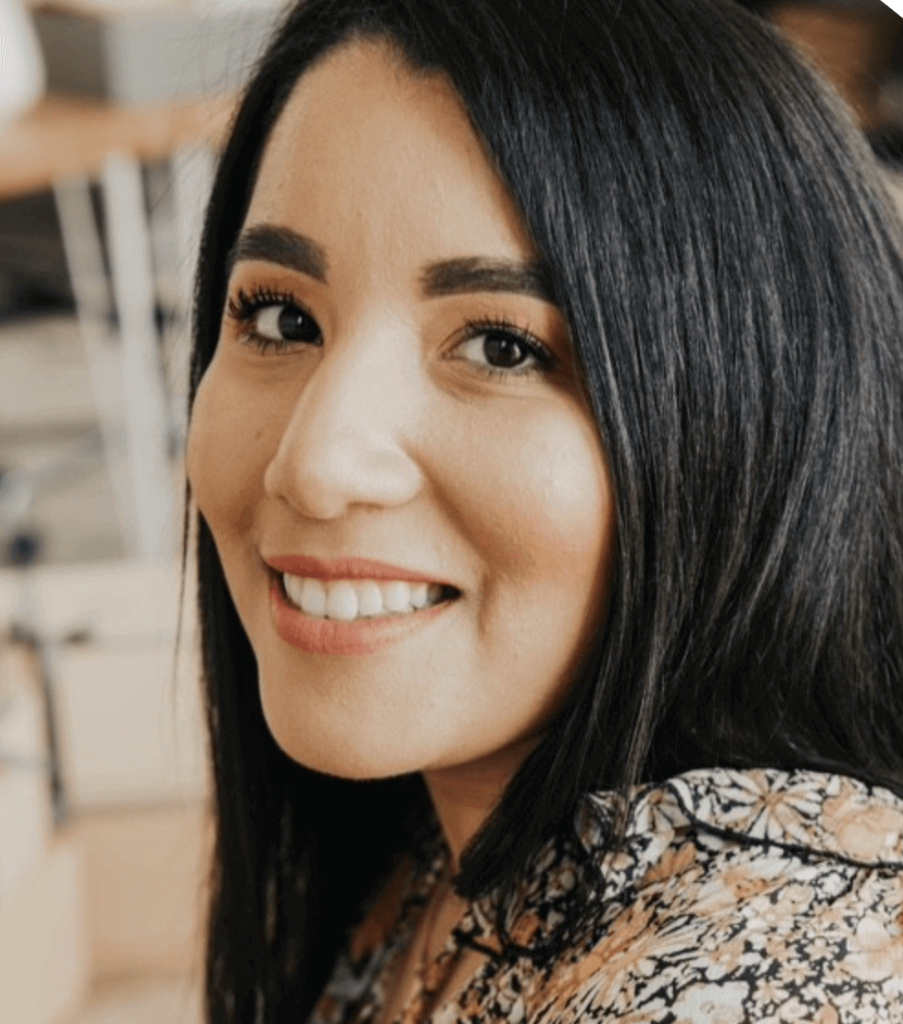

“Dr. Maya Angelou once said, ‘When people show you who they are, believe them the first time.’ Well, time and time again women have proven how strong and capable we are of accomplishing great things and fighting through adversity. How much more proof do you need? Believe in what we can do, pay us what we’re worth and let’s get’er done!” Yvette N. Stevens, P.E., PMP, Vice-President, Economic Inclusion, Gilbane Building Company
“We need increased access and more equitable access to education and training for in-demand jobs, such as cybersecurity. We also need clear paths to hands on experience for women who complete these pathways so they have some solid experience and are job-ready. As a Mom, equitable access to high quality childcare is critical if we want to see more women in leadership roles across all industries.” Aimee Sprung, Microsoft Government Affairs based in Massachusetts
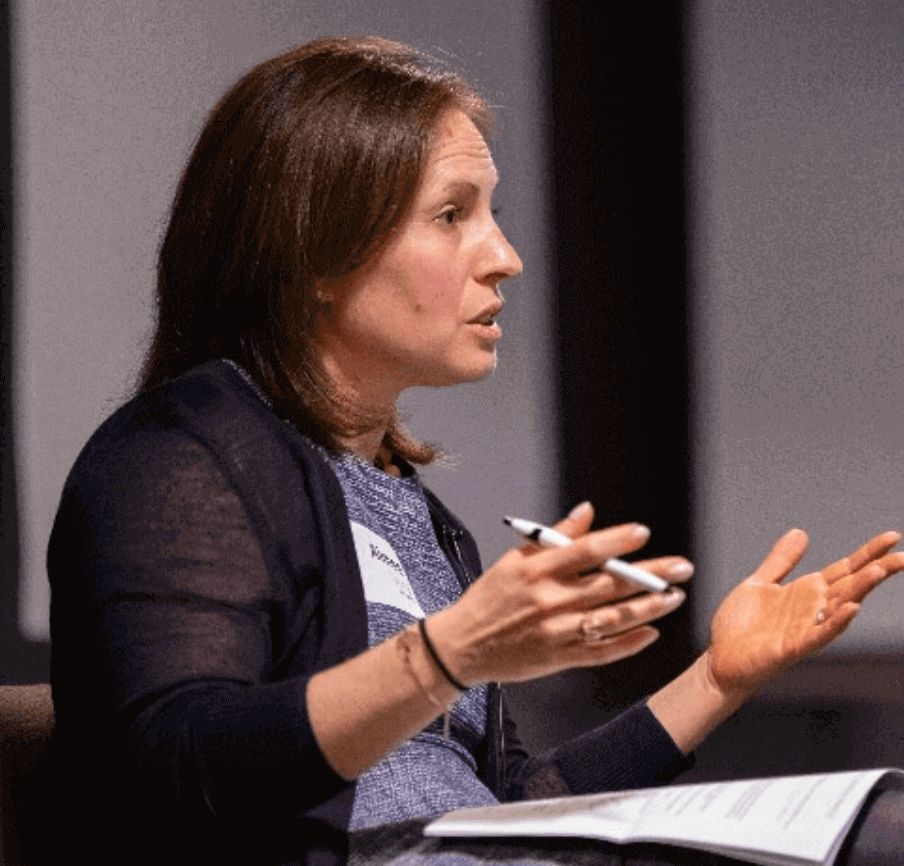

“Moving the needle on gender equity starts with a call to action for cis men to be allies. Here are five ideas: (1) Sponsor, fund, and coach cis/trans women entrepreneurs; (2) Provide access to circles of influence that men have benefited from for centuries; (3) Do not normalize “locker room talk” that demeans women or keep quiet if you hear such comments; (4) Vote and campaign for women elected officials; (5) Raise your sons – our future generation of men – with empathy.” Kristin Van Busum, Founder/CEO Project Alianza
“We need a Declaration of Inter-dependence, as Václav Havel suggested years ago. Our country’s Declaration of Independence left too many of us out in its pursuit of life, liberty, and happiness. We cannot overcome sexism, racism, antisemitism, and every other “-ism” without the focus of our interdependence on one another. Women’s rights are human rights. Let’s look for the way together.” Elaine Zecher, Senior Rabbi, Temple Israel of Boston


“Educate our youth to recognize gender biases and inequalities and empower them to speak up and question it when they see it happening. While our youth are living in a time where gender roles are shifting, stereotypes are still heard i.e., boys are faster than girls, girls are quieter than boys, etc. These false statements need to be constantly challenged in order for change to happen.” Diana Ubiñas, Founding Chair of Conexión Teen Talks & Director of Marketing and Projects, Mill Cities Community Investments & Foundation for Business Equity
“In my opinion it is up to organizations to bring together a mix of individuals (gender, race, etc.) with not only varying skills but perspectives to foster collaboration and this will give the organization an edge as they move their work forward. Other thoughts – Leadership training and invest energy to harness the talent of women; Increase exposure with the organization; build and promote emotional intelligence; organizations need to lean-in and promote change and innovation.” Susan Healey CFO, The Grossman Companies, Inc.

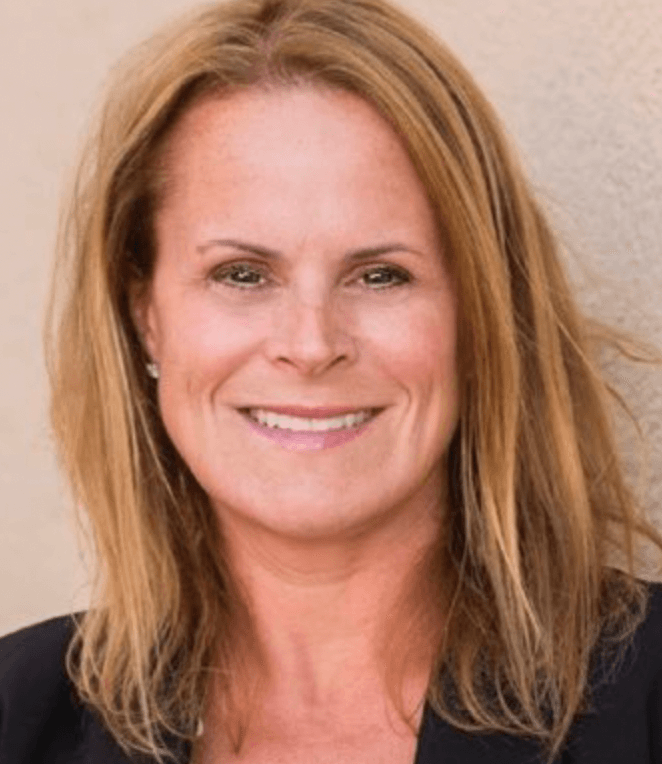
“In order to get to true equity and equality for women a couple of things need to happen. First, women need to stop being mean girls. They need to look at other women as peers and not competitors. We need to help one another and stop expecting that men should feel badly for the past and do it for us. Second, women need to stop apologizing for our choices: to work or stay home, the need to take care of a loved one, to have children or not, marry or not, differing political views, etc. Once all women feel empowered, the differences should dissipate.” Jennifer Nassour, Co-Founder & President at Pocketbook Project
“The one thing that would bring the US closer to equity and equality for women would be making sure childcare is accessible, convenient, affordable and high quality, including the period of maternity leave.” Meghan Blair, failed feminist & successful entrepreneur
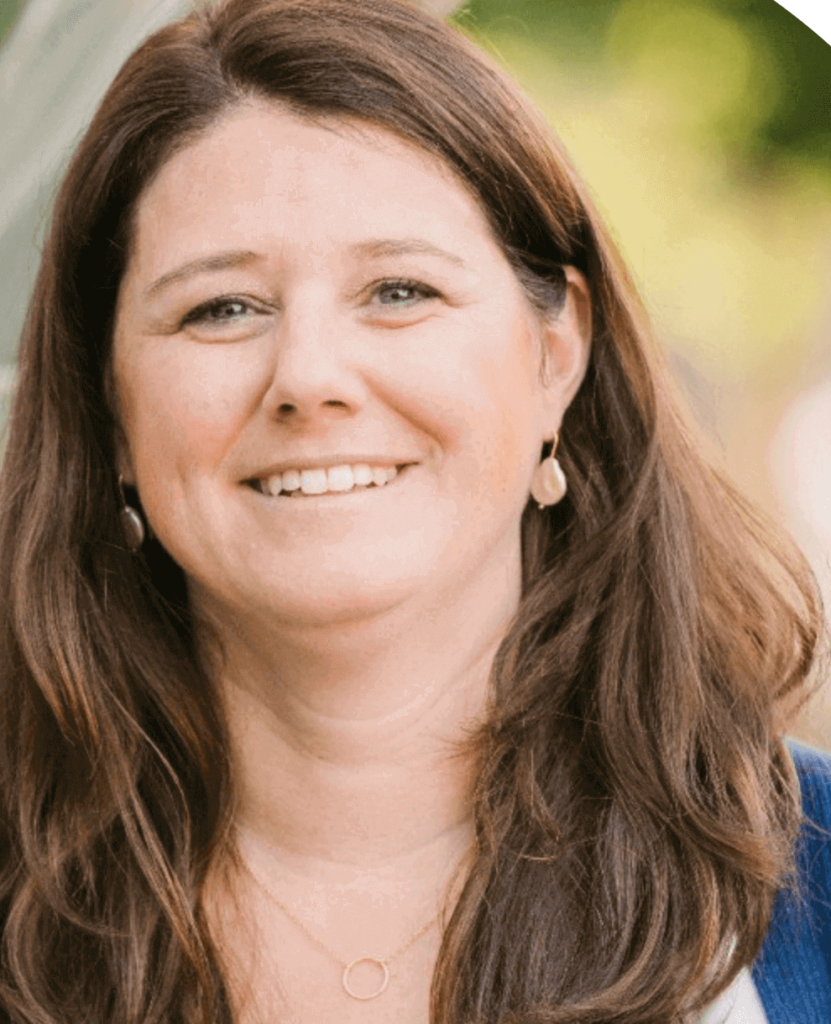

“One thing I believe would make a material difference to true equity and equality for women is acknowledging and making visible “care work” as part of the essential fabric of what holds a family, a community, a workplace together, and holding it in esteem and value above work for dollars.”
Christine Zanchi, Chief Product Officer, MathTalk PBC
“Start with teaching our children that no one person, regardless of sex, race, gender identity, or religion, is better or worth more than another. And this is not just a people issue – this is a system issue. Our systems are broken and outdated. We must and can fix both; the people and the system. It is a complex, layered task that requires the mavericks, the creatives, and the innovators to gather and break the rules in order to start a new game. The call is for those willing to be different and do different for the sake of us all.” Jen Karofsky, Warrior Trainer


“Encouraging girls and young women to love science and technology would expand engagement in science and technology. More engaged young women creates a bigger pool of women for important research and leadership roles in these areas which are increasingly important drivers in our society.” Claire Wadlington, Managing Director, 1414 Ventures & Trustee, Franklin Cummings Tech
“One of the unintended consequences of the COVID pandemic is that we now have a once-in-a-generation opportunity to change a work environment developed at a time when most women were excluded from the workplace and most families had only one working parent. Let’s not limit ourselves to simply tweaking what exists. Instead, let’s create a workplace that is more productive, efficient and effective for everyone.” Elyse Cherry, CEO of BlueHub Capital
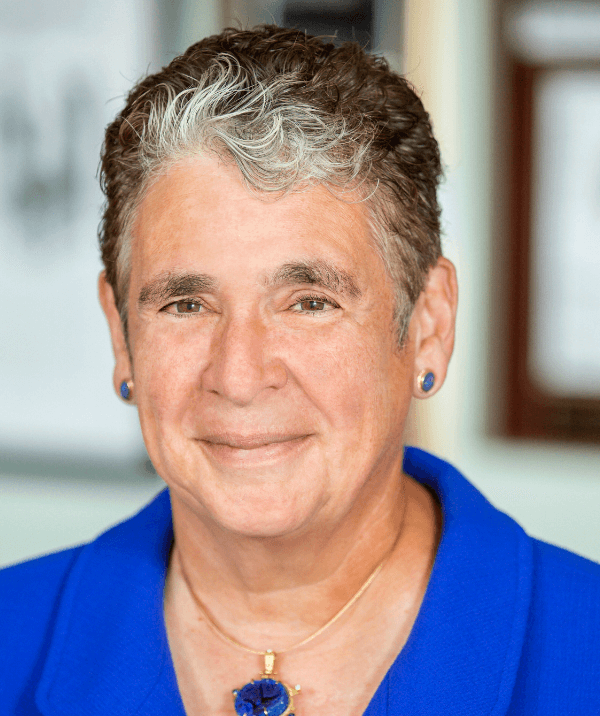
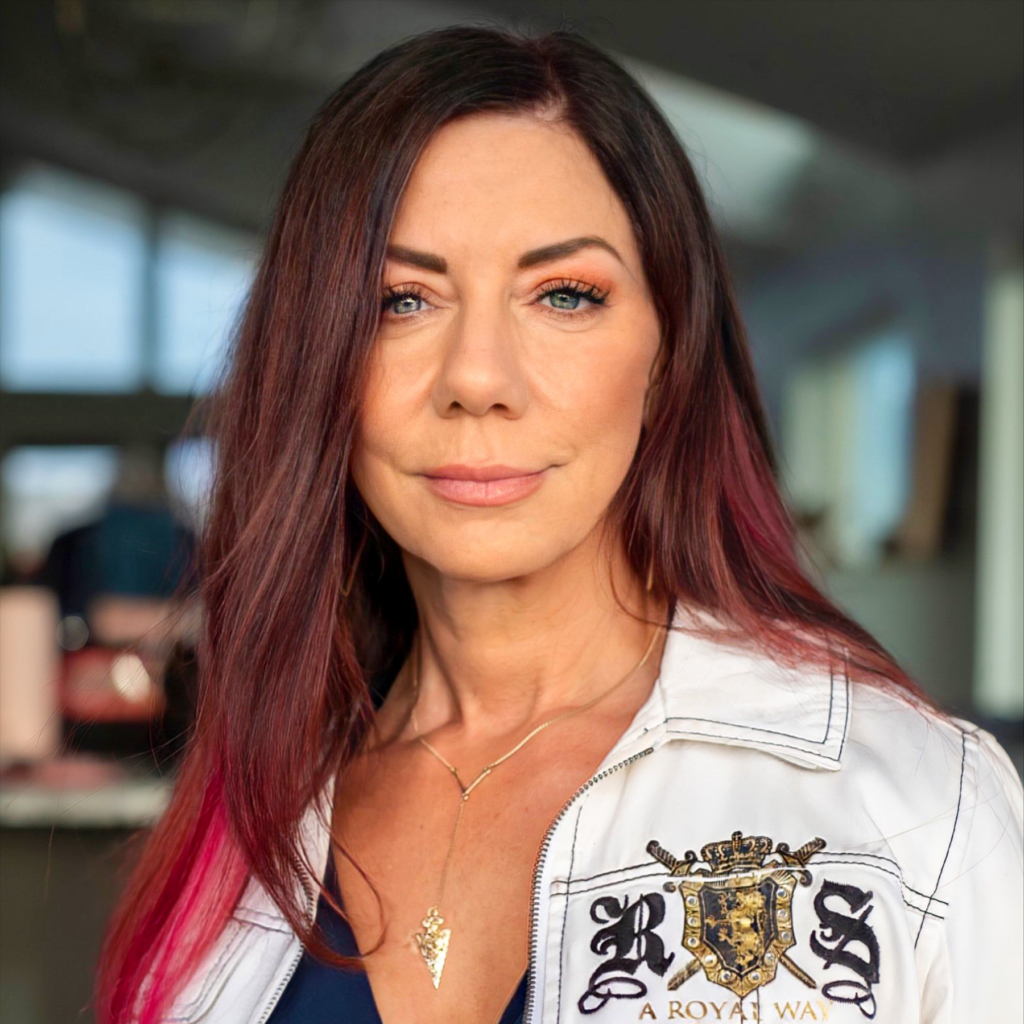
“I’m fatigued talking about this.We have all the data, stats on how salaries, workload at home and at work, benefits, the impact of taking family leave – yet not much has changed. How do we design an integrative workforce development model- that I now call Life Affirming Practices – that actually deal with the reality of what’s happening in the workplace? As we have seen during the pandemic, the status quo of the majority of home life and child rearing still lands on the woman. I have absolutely seen men step up. We have required men to leave their souls at the door for generations. We’ve got to support men in how to practice emotional intelligence within relationships. THIS would create a shift in humanity. This conversation is not just about women. It is about all of us . And until that big narrative is normalized, there will be no significant change We’ve got to stop polarizing all of these humanitarian topics and co create a world that works for everyone.” Susan Leger-Ferraro, Humanitarian/Founder/CEO
About this piece: I want to thank the colleagues and friends included here for sharing their views and thank many others whom I spoke with who elected not to participate for their own reasons – not interested, not available or whatever – none of my business. I will say, however, that a number of women I called on declined to participate specifically because of their belief that sharing their views on the topic of women’s equality could be used against them in their careers. I respect that and is a reminder for me as a cis white male how serious this matter of equity and equality really is. Are we serious about transformation? Plenty of food for thought in the comments above if we are.
Andy Tarsy empowers leaders to achieve impact, distinction and fulfillment. He is part of the Emblem Network and works in a collaborative business model with extraordinary professionals nationwide as a thought-partner, strategist, partnership builder and coach. He is also one-third of Conscious Customers which focuses entirely on helping companies adopt high impact supplier diversity programs.


No Comments